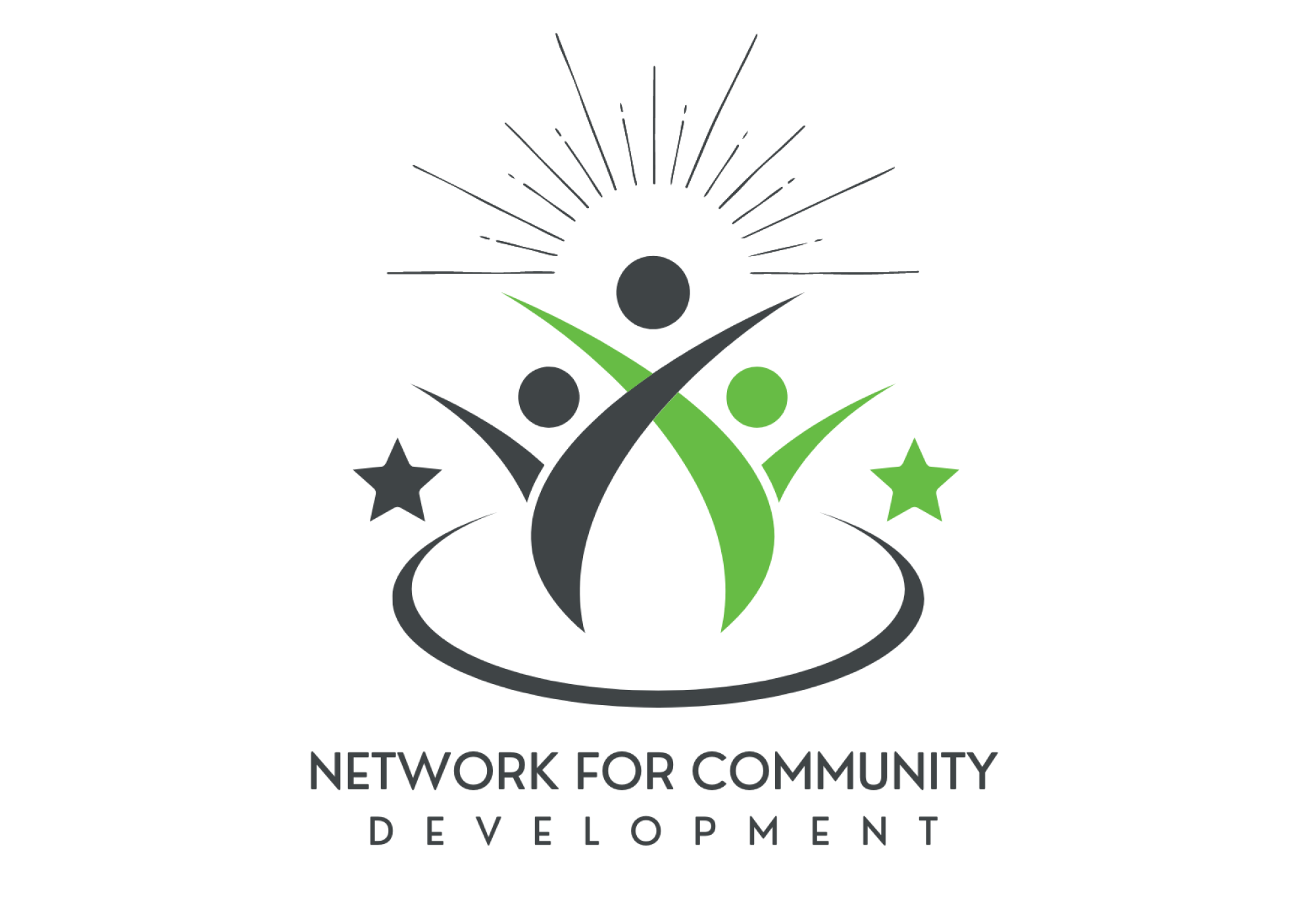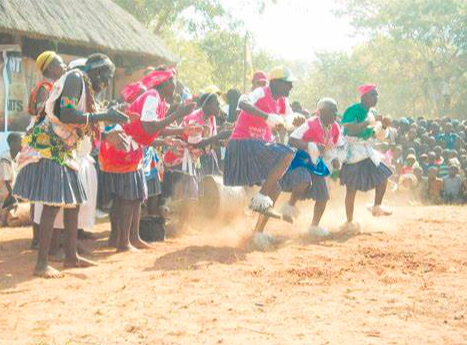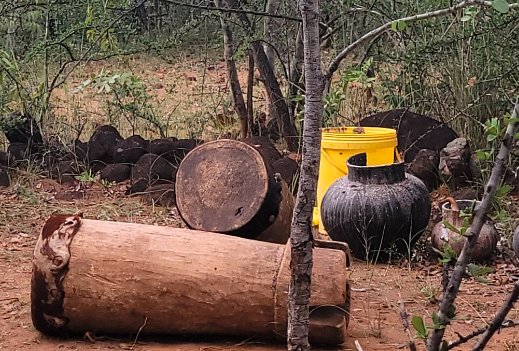The streets of Chipinge, a town in Zimbabwe’s Manicaland province, are a testament to a growing and deeply troubling crisis. A high number of young boys and girls, many of them under the age of 18, are engaged in the illicit sale of cooked foods. From boiled eggs and potato chips to buns and roasted groundnuts, these children, who should be in classrooms, are instead navigating the harsh realities of street vending. This phenomenon is not merely an economic issue; it is a complex web of social, educational, and health crises that threatens to derail the future of an entire generation. The Network for Community Development organization is playing a major role under its thematic area of orphans and vulnerable groups, where it is working with the Chipinge Vulnerable Intervention Organization. The main aim is to assist these children with fees, accommodation, and food.
The visibility of these child vendors is a symptom of deeper systemic failures. Interviews with these children reveal a grim reality: they are working on commission for adults, often referred to as their “bosses,” to eke out a meager living. The reasons for their presence on the streets are heartbreakingly simple: financial constraints. Many have been forced to drop out of school, their educational journeys cut short by poverty. This lack of schooling and the constant pressure to earn money expose them to immense vulnerabilities.
The Vicious Cycle of Poverty and Exploitation
The transition from student to street vendor is a perilous one, often leading to a cascade of negative outcomes. Without the structure and protection of a school environment, these children are at a heightened risk of falling into dangerous behaviors. The article highlights a disturbing trend of drug and substance abuse, which often serves as a coping mechanism for the physical and emotional hardships they face. Furthermore, the lack of opportunities and the desperation to survive can push them towards criminal activities like burglary. For young girls, the risks are particularly severe, with some being drawn into prostitution as a last resort to make ends meet. This vicious cycle perpetuates poverty and undermines the very foundations of a stable society.
Beyond the immediate social and criminal dangers, the health risks associated with their work are immense. The cooked foods they sell are often prepared and stored in unhygienic conditions, with little to no regard for food safety standards. Perishable items, left exposed to the elements for extended periods, can pose a significant health threat to the public who consume them. The children themselves are also at risk, constantly exposed to traffic, unsanitary conditions, and potential physical harm.
A Call for Action: Comprehensive Recommendations
The situation in Chipinge demands a multifaceted and collaborative response from various stakeholders. The recommendations provided in the original report serve as a crucial starting point for addressing this crisis.
- Government Intervention through Educational Funding: The government has a primary responsibility to ensure that every child has access to education. The Basic Education Assistance Module (BEAM) is a vital tool for this purpose. The government should expand and strengthen BEAM funding to specifically target and re-enroll these out-of-school children. It’s not enough to simply provide the funding; there must be a concerted effort to identify these children, their families, and the barriers they face, ensuring that they are not just re-enrolled but also supported to stay in school.
- Accountability for Exploiters: The adults who exploit these children for financial gain must be held accountable. The use of children under 18 for labor, especially in hazardous and illegal vending, is a clear violation of child labor laws. Law enforcement agencies should launch a targeted campaign to identify, arrest, and prosecute these “bosses.” This will send a strong message that child exploitation will not be tolerated and will help dismantle the networks that profit from the vulnerability of these children.
- Role of NGOs and Private Voluntary Organizations (PVOs): PVOs and non-governmental organizations have a critical role to play in supplementing government efforts. They can provide essential support to these children and their families, including scholarships and financial aid to cover school fees and related costs. For those who may be too old to reintegrate into the formal school system, vocational training centers offer a viable alternative. These centers can equip them with practical skills—such as carpentry, tailoring, or mechanics—that can lead to sustainable livelihoods and break the cycle of poverty.
- Community and Philanthropic Support: The community, including well-wishers and local businesses, should rally together to support these children. This support can take many forms, from providing safe shelters and rehabilitation centers to offering mentorship and emotional support. A holistic approach is necessary to address not only their educational needs but also their physical and psychological well-being. These safe spaces can offer them a refuge from the dangers of the street and provide a pathway to a better future.
Conclusion: Investing in Human Capital
The high rate of child vendors in Chipinge is a stark reminder of the urgent need for action. It highlights a critical loss of human capital, a nation’s most valuable resource. When children are forced to abandon their education for survival, society loses its future doctors, teachers, engineers, and leaders. This crisis is not an isolated issue; it is a national problem that demands a comprehensive and compassionate response. By addressing the root causes—poverty, lack of access to education, and exploitation—and by implementing the recommendations outlined, the government, NGOs, and the community can work together to rescue these children from a life of destitution and give them a chance to fulfill their potential. The time for action is now, before another generation is lost to the streets.













